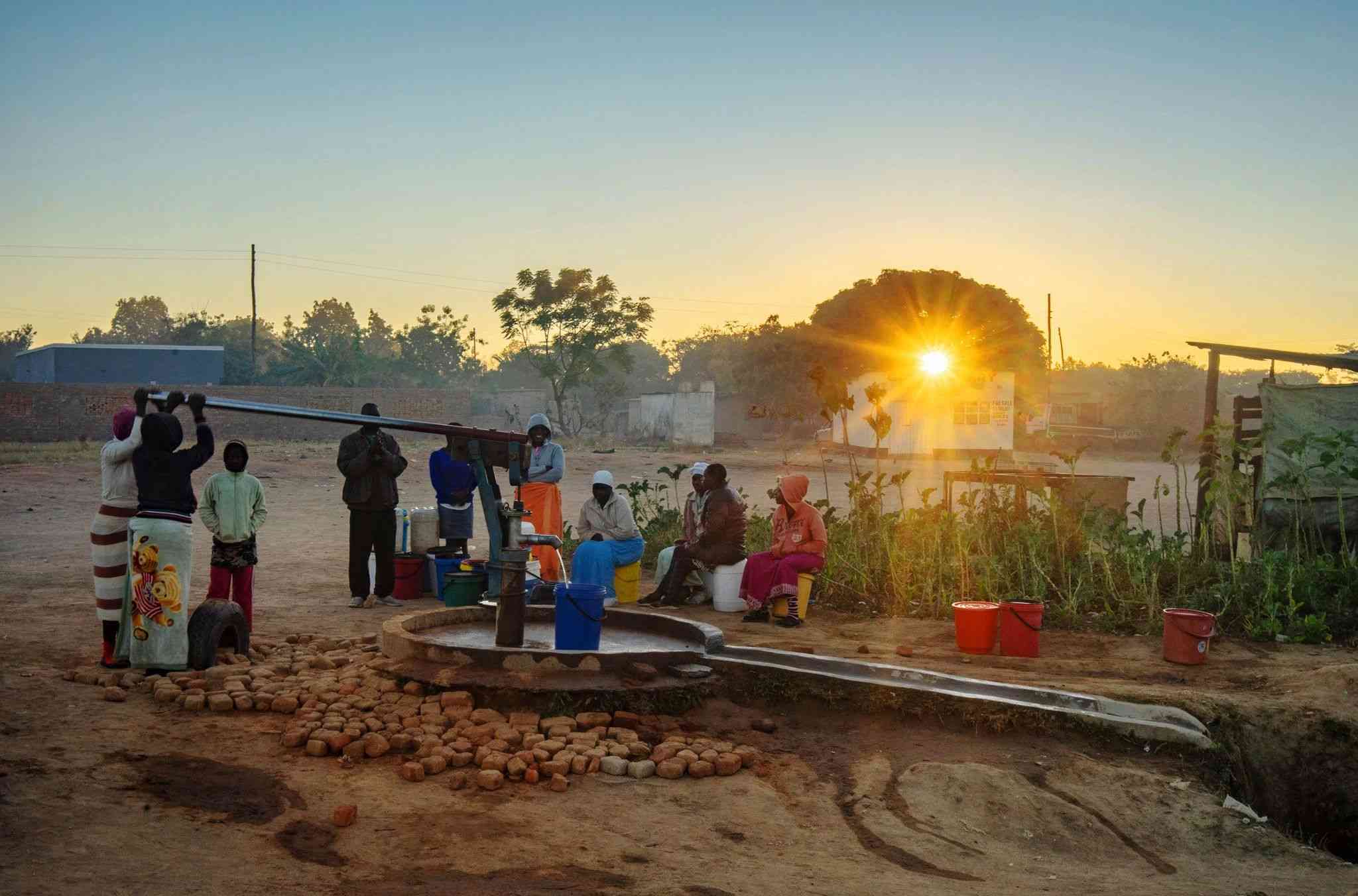
THE Southern African Development Community (Sadc) region faces a dual burden of substance abuse and mental health disorders, which have far-reaching implications for public health, social cohesion and economic development.
As the chair of Sadc in 2024, Zimbabwe has placed these interlinked challenges at the forefront of its regional agenda, spearheading a comprehensive approach to address these pressing issues.
Scope of substance abuse and mental health challenges in southern Africa
According to the latest data from the World Health Organisation (WHO), the prevalence of substance use disorders and mental health conditions in southern Africa is alarmingly high, exceeding global averages.
In 2022, the region recorded an average of 8,2% of the adult population (aged 15 and above) living with alcohol use disorders, 2,1% with drug use disorders and 11,5% with common mental health conditions, such as depression and anxiety.
This translates to approximately 13,5 million people affected by alcohol abuse, 3,5 million by drug abuse and 19 million with common mental health disorders across the Sadc member States.
The most commonly abused substances in the region include alcohol, cannabis, heroin and methamphetamine, while depression, anxiety and post-traumatic stress disorder are among the most prevalent mental health conditions.
The economic and social costs of these interlinked challenges are substantial, with lost productivity, increased healthcare expenditure and rising rates of crime, violence, and suicide being just a few of the consequences.
- Sadc meets over water, energy and food security
- 5 Zim cops off to South Sudan
- Opposition loses hope on reforms
- Chinese tile maker fights taxes in Zim and Zambia
Keep Reading
Sadc’s comprehensive approach under Zim chairmanship
Recognising the urgent need to address these regional challenges, Zimbabwe's chairmanship of Sadc has spearheaded a multifaceted approach, encompassing the following key initiatives:
Integrated regional strategy for substance abuse and mental health
- Developing a comprehensive regional strategy to guide member States in implementing evidence-based prevention, treatment and rehabilitation programmes that address substance abuse and mental health holistically.
- Establishing a regional technical working group to oversee the strategy's implementation and monitor progress.
Strengthening regulatory frameworks
- Encouraging member States to review and strengthen their national laws and policies governing the production, distribution and sale of alcohol and illicit drugs.
- Supporting the harmonisation of regional regulations to prevent the cross-border trafficking of substances and improve access to essential psychotropic medications.
Capacity building and knowledge sharing
- Organising regional training workshops for healthcare professionals, law enforcement officials and policymakers on effective, integrated substance abuse and mental health interventions.
- Facilitating the exchange of best practices and lessons learned among Sadc member States.
Enhancing access to integrated services
- Supporting the expansion of community-based mental health and substance abuse treatment and rehabilitation services, with a focus on reaching marginalised populations.
- Encouraging the integration of mental health screening and support within primary healthcare settings.
Public awareness and de-stigmatisation campaigns
- Launching a regional public awareness campaign to de-stigmatise substance abuse and mental health conditions and promote healthy lifestyles.
- Collaborating with civil society organisations to develop targeted outreach programmes for at-risk populations, such as youth, women and rural communities.
Strengthening regional co-operation and co-ordination
- Improving information-sharing and co-ordination mechanisms among Sadc member States to disrupt transnational drug trafficking networks and facilitate exchange of mental health resources.
- Fostering collaborative research and data collection initiatives to better understand the evolving patterns, drivers and intersections of substance abuse and mental health challenges in the region.
Preliminary outcomes, ongoing challenges
While the long-term impact of these initiatives is yet to be fully assessed, early indications suggest that Sadc’s efforts under Zimbabwe’s chairmanship have contributed to some positive developments:
- Several member States have enacted new or revised their existing laws and regulations to address substance abuse and mental health more effectively.
For instance, Namibia and Botswana have introduced stricter controls on the sale and marketing of alcohol, while South Africa has implemented harsher penalties for drug trafficking and expanded access to essential psychotropic medications.
- Regional treatment and rehabilitation capacities have been expanded, with more individuals accessing integrated, evidence-based services. In 2023, the number of individuals enrolled in Sadc-supported programmes increased by 17% compared to the previous year.
- Increased public awareness and community engagement have led to a growing social consciousness around these issues, with more people seeking help and support for substance abuse and mental health-related problems.
However, the region continues to face significant challenges, including:
- Insufficient funding and resources to scale up prevention, treatment and rehabilitation programmes across all member States. On average, Sadc countries allocate only 2-3% of their national health budgets to addressing substance abuse and mental health collectively.
- Persistent stigma and social attitudes that hinder individual and community-level engagement, making it difficult to reach those in need of support.
- Ongoing cross-border trafficking and the emergence of new psychoactive substances, which require adaptable and innovative responses.
- The COVID-19 pandemic exacerbated mental health issues and disrupted the delivery of essential substance abuse and mental health services.
The Sadc region’s comprehensive approach to addressing substance abuse and mental health challenges under Zimbabwe’s chairmanship represents a crucial step towards a more co-ordinated and effective response to these pressing regional issues.
By strengthening regulatory frameworks, building capacity, enhancing access to integrated services, raising public awareness and fostering regional co-operation, the member States are working to reduce the devastating social, economic and health consequences of these interlinked challenges.
Moving forward, sustained political commitment, increased resource allocation and adaptable strategies will be essential to ensure the long-term success of these initiatives and improve the well-being of communities across southern Africa.
Addressing substance abuse and mental health holistically is crucial for the region's development and the resilience of its people.
- Raymond Tendai Rusinga is a mental health advocate, a writer and/or researcher in Harare, Zimbabwe who is dedicated to raising awareness, reducing stigma and improving access to quality mental healthcare for all. Please feel free to WhatsApp or call: +263 776 206 227 or email: [email protected]. He writes here in his personal capacity.







